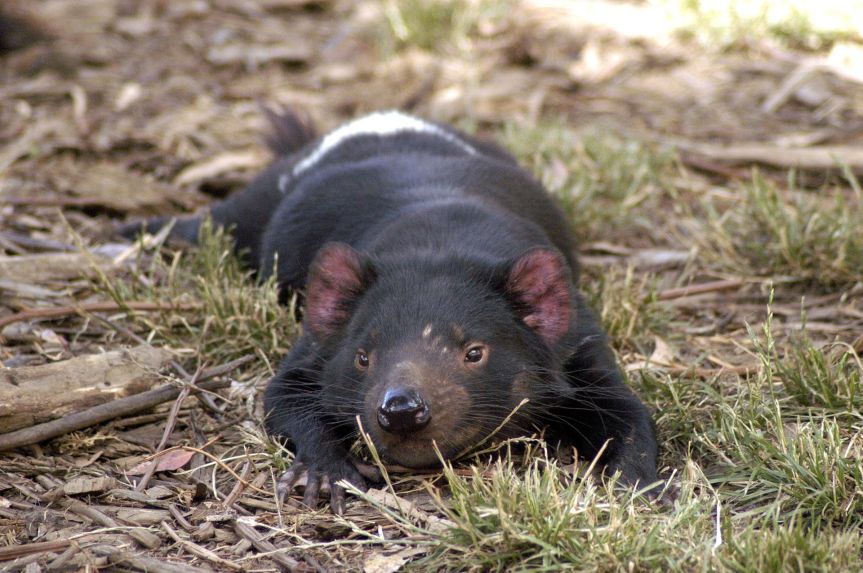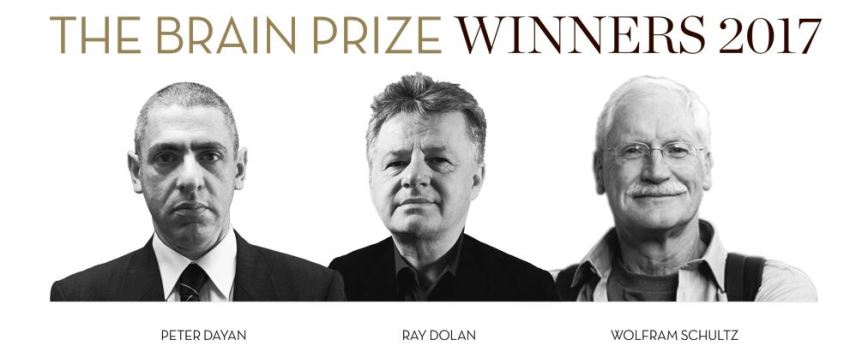Welcome to the first in a series of weekly Research Roundups. These aim to inform our readers about the many stories that relate to animal research each week.
Do you have an animal research story we should include in next week’s roundup? You can send it to us via our Facebook page or through the contact form on the website.
- Thomas Starzl the father of organ transplantation has died. Beginning with his work on liver transplantation in dogs in the 1950s, and subsequent refinement of the procedure using livers from pigs and primates, today “more than half of the liver-transplant patients who underwent surgery in 1998 were alive ten years later, and in 2009, almost 50,000 Americans carried a transplanted liver” (Lasker Foundation).” Read more about this here and here.

- 2017 Brain Prize announced – Peter Dayan, Ray Dolan and Wolfram Schultz. Collectively, their work examines the ability of humans and animals to link rewards to events and actions. This research, involving non-human primates, provides valuable insights into motivation to perform both positive and negative behaviour, how those behaviours regulate emotions such as happiness and how dysregulation may affect addictive/compulsive behaviours such as gambling. Read more about this here.
- An unannounced four-day inspection of the animal research facilities at the University of Pittsburgh found no wrongdoing. The inspection was triggered by unspecified allegations by the animal rights group PETA, though USDA officials could not find evidence corroborating the claims by PETA. This is not the first time we have noted that animal rights groups claims against labs which cannot be substantiated by inspectors. More here.
- Tasmanian devil cancer is a major threat Tasmanian devils with more than 80% of the population being wiped out since it emerged 20 years ago. Fighting cancer with cancer, and in a culmination of 6 years of research, scientists have managed to achieve a 60% survival rate (3 out of 5). The application of animal research takes all forms, and this is a good example of techniques being developed in the lab on nonhuman animals being used to save other nonhuman animals. More here and here.

- Ethical deliberation of the killing of wild animals humanely for conservation is considered here. The killing of animals by humans warrants moral and ethical consideration. Animal research can be used to inform such decisions so that they are grounded in sound scientific evidence.
- In a concerning move, advisors to President Trump suggested removing regulations requiring pharmaceutical companies to perform pre-clinical trials which ensure human safety before bringing them to the market. You can read more about the value of animal research in pre-clinical trials here.
- The NC3Rs has awarded the 2016 3Rs prize to Daniel Weary who investigated possible refinements to the legislative requirements for rats housed in the laboratory for research. Read more here and here. This prize and this research highlights governing bodies’ and researchers’ dedication to the health and well-being of the animals under their care. Well done, Daniel!
Check back next Friday for another weekly roundup.
Jeremy Bailoo and Justin Varholick

